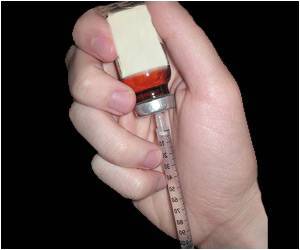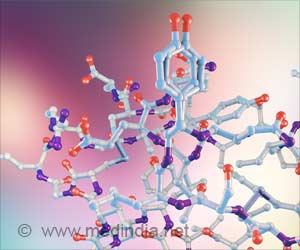A drug widely used to treat HIV may also prevent cervical cancer, research suggests.

The study builds on the team's previous work in 2006 that first identified lopinavir as a potential therapeutic for HPV-related cervical cancer following laboratory tests on cell cultures.
"Since publishing our earlier work, we have now found that lopinavir selectively kills HPV-infected, non-cancerous cells, while leaving healthy cells relatively unaffected," said Dr Ian Hampson, from Manchester's School of Cancer and Enabling Sciences.
"This is a very significant finding as these cells are not cancer cells but are the closest thing to being like the cells found in a pre-cancerous HPV infection of the cervix. In addition we were also able to show that lopinavir kills these HPV-infected cells by re-activating a well-known antiviral system that is suppressed by HPV," he said.
"Our results suggest that for this drug to work against HPV it would be necessary to treat virus-infected cells of the cervix with roughly 10-15 times the concentration that is normally found in HIV-infected patients taking lopinavir as tablets. This implies that, for this treatment to work, it would need to be locally applied as a cream or pessary," he added.
Co-author Lynne Hampson said the results are very exciting since they show that the drug not only preferentially kills HPV-infected non-cancerous cells by re-activating known antiviral defence systems, but also is much less toxic to normal non-HPV infected cells.
Advertisement
Source-ANI















